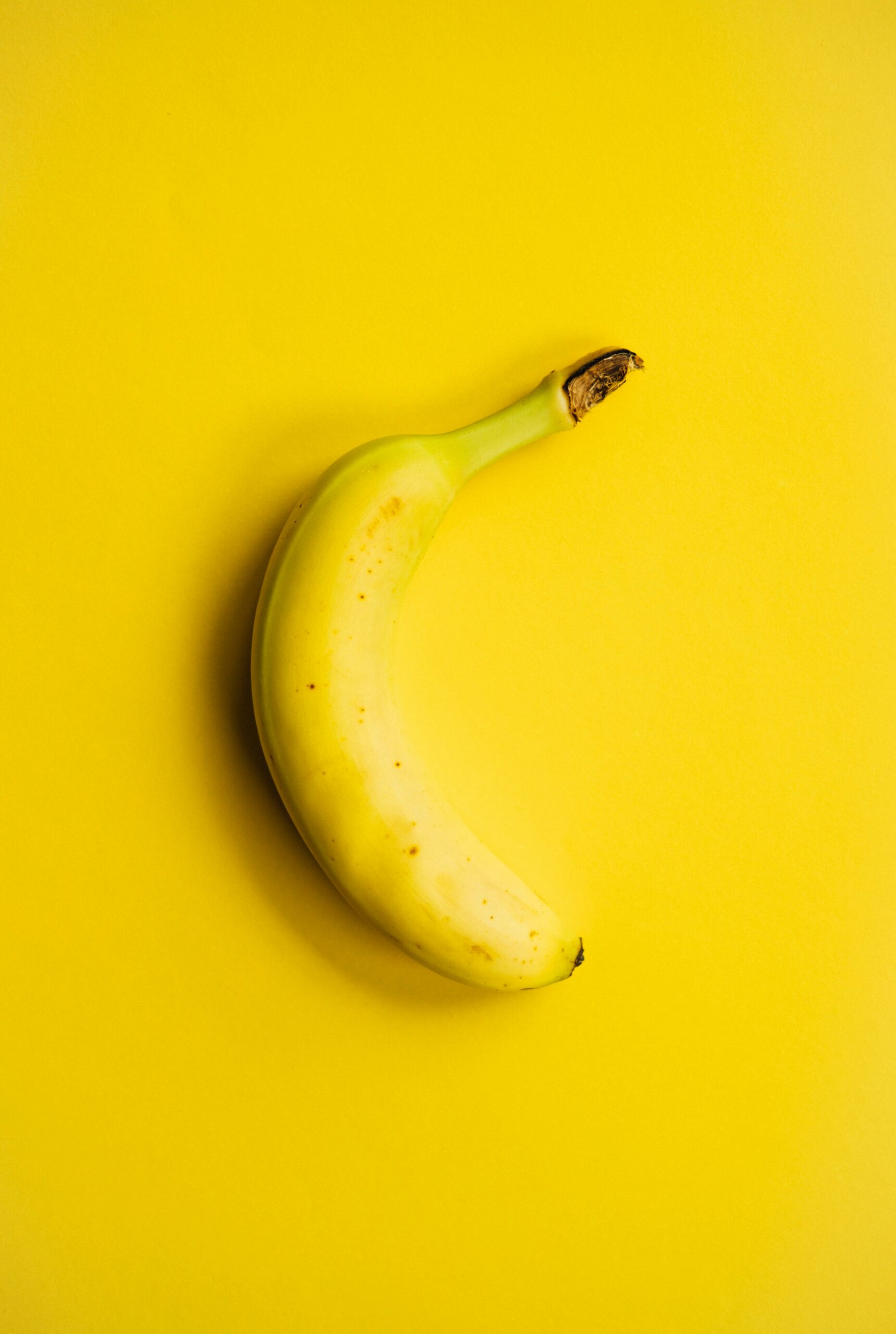Are you a runner feeling drained halfway through your run? You might be missing out on a vital part of your performance nutrition: electrolytes! In this definitive guide, we’ll explore everything you need to know about electrolytes, why they matter, and how to keep your performance at its peak. Let’s dive in and get your running game electrified!
What Are Electrolytes and Why Do Runners Need Them?
Electrolytes are essential minerals that help regulate various bodily functions. Think of them as the unsung heroes of your hydration game. Key electrolytes include sodium, potassium, calcium, magnesium, and chloride. They’re involved in maintaining fluid balance, nerve function, and muscle contractions, all of which are crucial for runners.
When you run, you sweat, and when you sweat, you lose electrolytes. This loss can lead to dehydration, muscle cramps, and a decrease in performance. Therefore, understanding and replenishing these electrolytes can help you stay on top of your game.
The Main Electrolytes and Their Roles
Sodium
Sodium is arguably the most important electrolyte for runners. It helps maintain fluid balance and is crucial for proper muscle function. When you sweat, you lose a significant amount of sodium. Low sodium levels can lead to hyponatremia, a condition that can cause headaches, nausea, and confusion.
Sources: Salted foods, sports drinks, and electrolyte supplements.
Potassium
Potassium helps regulate heart function and muscle contractions. A deficiency can result in muscle cramps, fatigue, and irregular heartbeats. Ensuring adequate potassium intake can keep your energy levels steady and your muscles functioning smoothly.
Sources: Bananas, oranges, potatoes, and spinach.
Calcium
Calcium is vital for bone health and muscle function. For runners, it’s particularly important to keep bones strong and prevent injuries. Adequate calcium levels also help in muscle contraction and relaxation.
Sources: Dairy products, leafy greens, and fortified plant milks.
Magnesium
Magnesium plays a role in muscle relaxation and energy production. It helps prevent cramps and aids in the recovery process. Runners often need more magnesium due to increased sweat loss and muscle demands.
Sources: Nuts, seeds, whole grains, and leafy greens.
Chloride
Chloride works closely with sodium to help maintain fluid balance and regulate blood pressure. It’s less talked about but still plays a critical role in overall electrolyte balance.
Sources: Table salt, tomatoes, and celery.
How to Ensure You’re Getting Enough Electrolytes
Hydrate Smartly
Drinking water is essential, but it’s not enough on its own. For long runs or intense workouts, consider sports drinks or electrolyte powders that replenish the minerals lost through sweat.
Eat a Balanced Diet
Incorporate a variety of foods rich in electrolytes into your diet. A mix of fruits, vegetables, nuts, and dairy can help maintain your levels. For instance, a banana and a handful of almonds can provide a good balance of potassium and magnesium.
Monitor Your Sweat
Everyone’s sweat composition is different. Some people lose more sodium than others. Pay attention to how you feel during and after runs. If you experience cramps or fatigue, you might need to increase your electrolyte intake.
When to Consider Electrolyte Supplements
Electrolyte supplements can be helpful if you’re training intensely or for long durations. They come in various forms, including tablets, powders, and gels. Here are some things to consider:
- Intensity and Duration: For runs longer than an hour or during very hot weather, supplements can be a quick way to replenish lost electrolytes.
- Personal Needs: If you’re prone to cramps or have a history of electrolyte imbalances, supplements might be necessary.
- Preferences: Choose products that align with your dietary needs, such as those that are low in sugar or free from artificial ingredients.
Electrolytes and Recovery
Replenishing electrolytes isn’t just for during your run. Post-run recovery is crucial, too. Consuming a recovery drink or meal with electrolytes can help you bounce back faster. Look for options that combine electrolytes with protein and carbohydrates for optimal recovery.
Common Misconceptions About Electrolytes
- “You only need electrolytes for long runs.” Not true! Even shorter runs can benefit from proper electrolyte balance, especially in hot weather.
- “Sports drinks are the only way to get electrolytes.” While sports drinks are convenient, you can get electrolytes from whole foods and homemade drinks.
- “All electrolytes are the same.” Different electrolytes serve different functions. Balance is key!
Conclusion
Electrolytes play a pivotal role in keeping runners hydrated, energized, and performing at their best. By understanding which electrolytes are crucial and how to replenish them effectively, you can enhance your running experience and overall performance. So next time you lace up your running shoes, make sure you’re not just hydrating, but also electrifying!
Ready to take your running to the next level? Check out my other blog posts on nutrition and hydration tips to keep your performance at its peak!
Healthy Breakfast Ideas to Fuel Your Morning Runs
5 Essential Supplements for Runners: What You Need to Know
Fueling Your Run: A Comprehensive Nutrition Guide for Before, During, and After Your Run
References:
- “Electrolytes and Hydration” – National Athletic Trainers’ Association
- “The Importance of Electrolytes for Athletes” – American College of Sports Medicine
- “Electrolytes and Hydration for Runners” – Runner’s World

